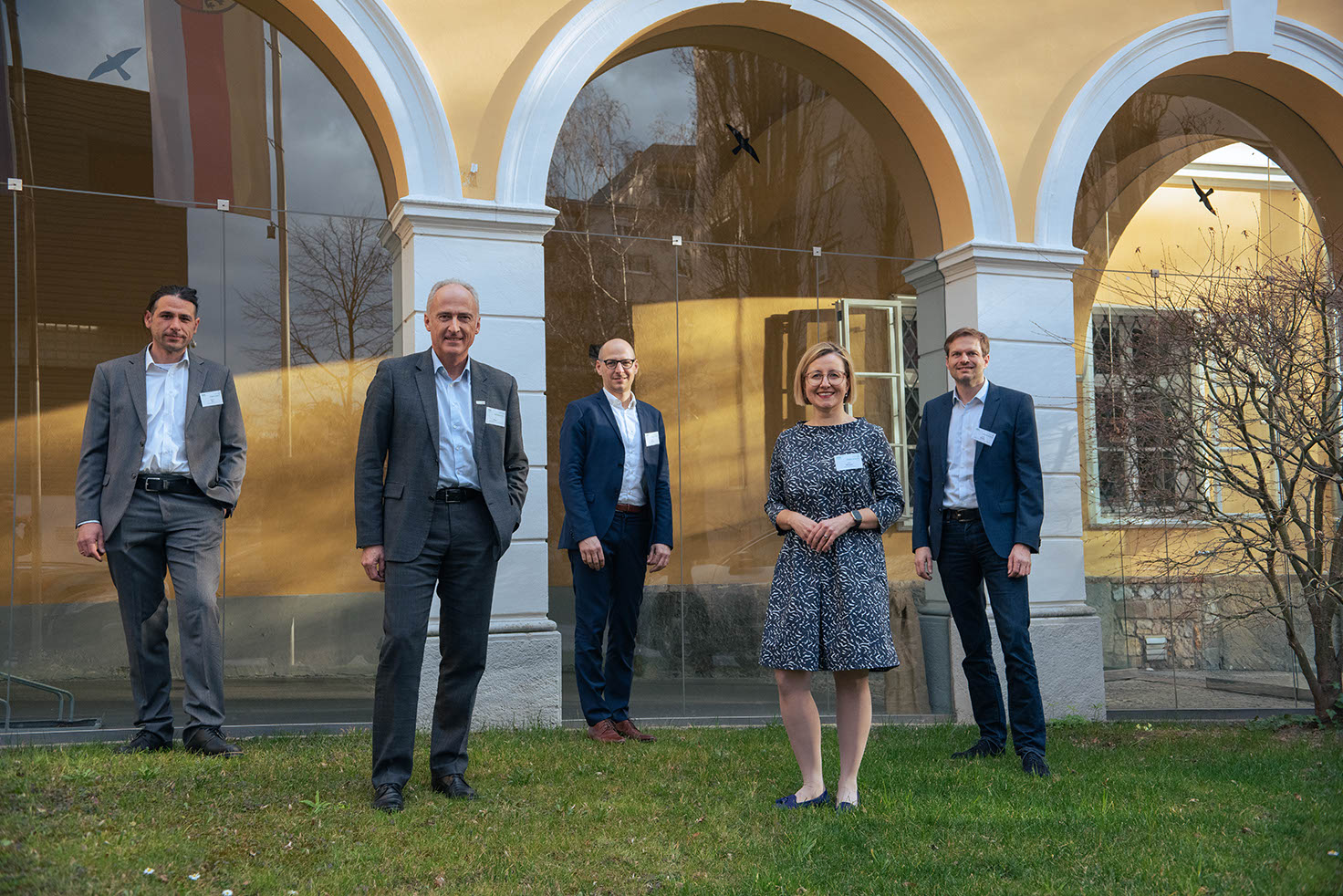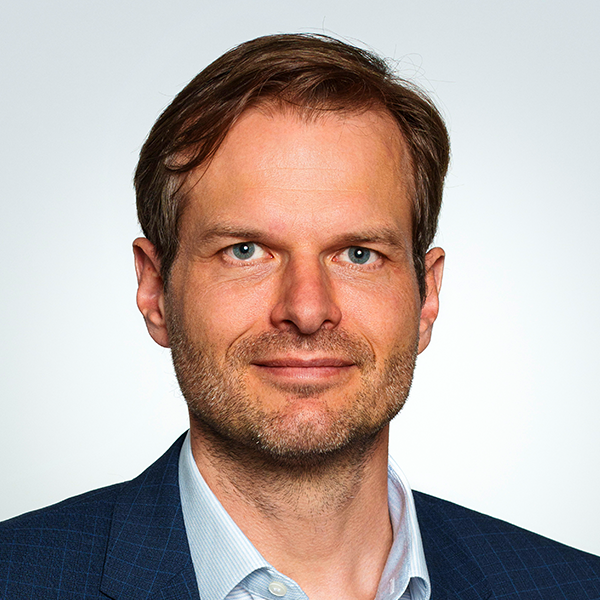The green and digital transformation of rail transport was the focus of "Forum Schiene" on 21 March. Around 70 experts and those interested in shaping the future accepted the invitation from Managing Director Heinz Mayer to the JOANNEUM RESEARCH headquarters in Graz. Freight transport and passenger numbers in rail transport are constantly increasing. Operators and manufacturers are required to adapt the infrastructure to the existing requirements. Digitalisation and research and development play a key role in this. During the event, the speakers painted a picture of the mobility turnaround that is already in full swing. This picture promises confidence for a successful green transformation of mobility that is driven by digitalisation.
Digital facility management
Sabine Wimmer, Head of Infrastructure at Wiener Linien, presented the Vienna-based company's digital facility management, which offers significant added value in terms of cost efficiency and maintenance. The 3D modelling of the infrastructure, including GIS localisation and a database, was set up directly in the company with the aim of "creating a basis for good planning. But even if you have good plans, the time and economic components have to be right in the end," says Wimmer. The aim is to increase rail capacity with the help of digitalisation. This requires measurement data. Filip Kitanoski from Virtual Vehicle Research GmbH spoke about the crux of data collection: There is an incredible wealth of data, he said, but it is a matter of identifying the relevant measurement data. In his view, there is "a huge need for standardisation. We need to know how to use digital artefacts. This in turn requires technologies to find exactly the data that corresponds to the question. "Bertram Ludwig is responsible for Group R&D Coordination at ÖBB-Holding. He spoke about the current challenges facing the traditional Austrian company, whose transport services are increasingly in demand. "We have to increase capacity, productivity and quality," the research strategist realises. A digitalisation process is essential for this. "We are working intensively on digital solutions for operations such as coupling. This is just as important as transferring existing expertise to the next generation. This also requires digitalisation," says Ludwig. ÖBB-Holding is a partner in major national research projects such as TARO (Towards Automated Railway Operation), which deals with the automation and digitalisation of railway systems, but also in European initiatives such as Europe's Rail Joint Undertaking.
Less energy consumption through digitalisation
Alexander Prix from Siemens Mobility GmbH offered a change of perspective. He presented from the manufacturer's side how rail vehicles of the future will save energy and allow more capacity in transport. "Minimising CO2 emissions, customer friendliness and robustness have priority in development," explained Prix. He emphasised the importance of data, which he described as "fuel for digital twins". "As a commercial enterprise, the added value of digitalisation is important to us. This means that maintenance must be optimised, wear and energy must be saved," Prix is certain. He used the Velaro Novo high-speed train manufactured by Siemens to explain what predictive maintenance can achieve and how rail vehicles require less energy, rounding off the series of lectures with a presentation by Matthias Rüther, Director of DIGITAL - Institute for Digital Technologies at JOANNEUM RESEARCH, on the possibilities offered by the creation and use of digital twins. Rüther described his offer as data production. In order to increase efficiency with the existing data, it must be "consistently stored in a standardised way and made available in a linked form", said Rüther. Continuous updating is achieved with the help of state-of-the-art sensor technology.
More information about the lectures
- Filip Kitanoski:Digitaler Zwilling der Eisenbahn, ein verteiltes Ökosystem
- Bertram Ludwig: Research & development as a building block for the transformation of the railway system
- Alexander Prix: Rail vehicles in the future - challenges and answers
- Matthias Rüther: The use of innovative sensor technology for digitalised rail operations


